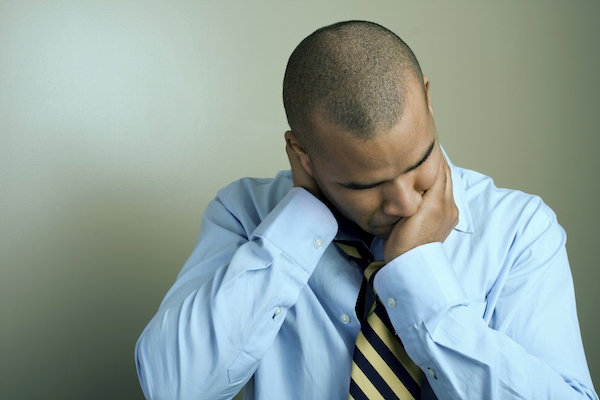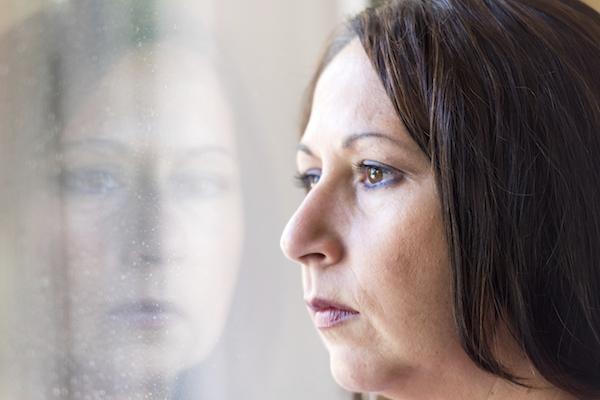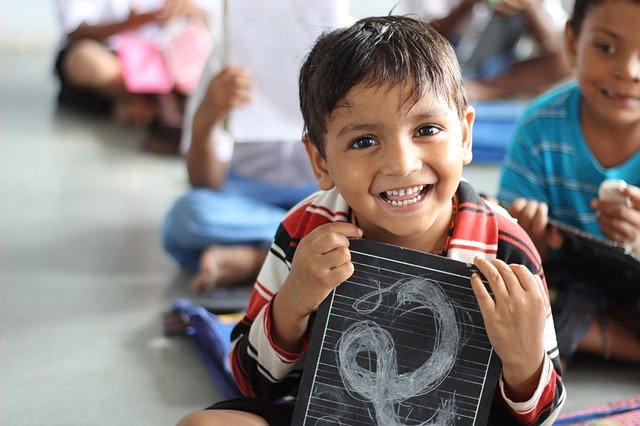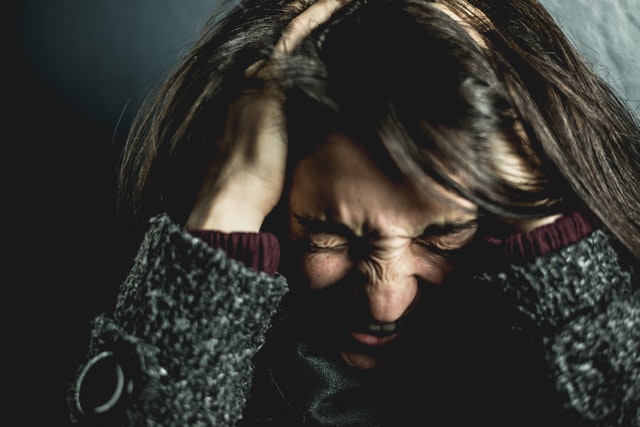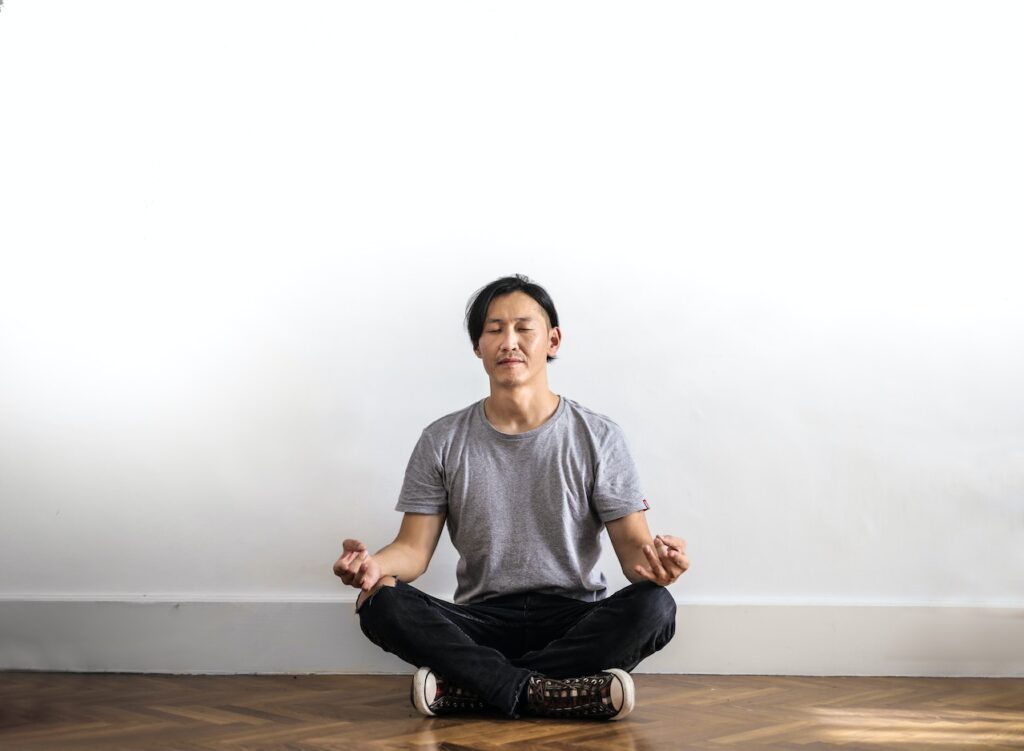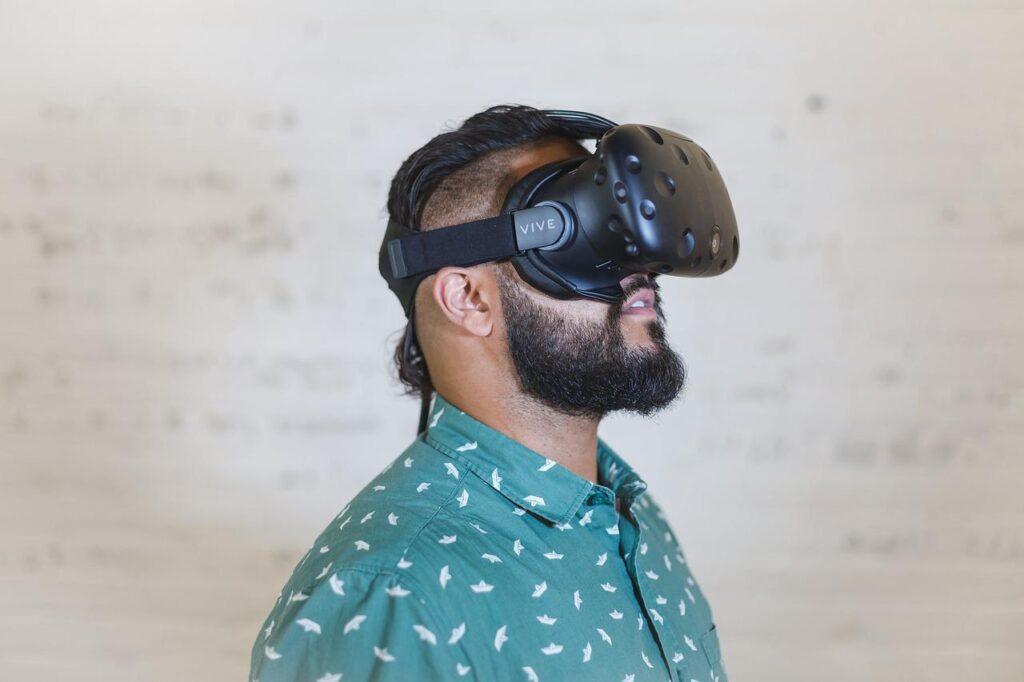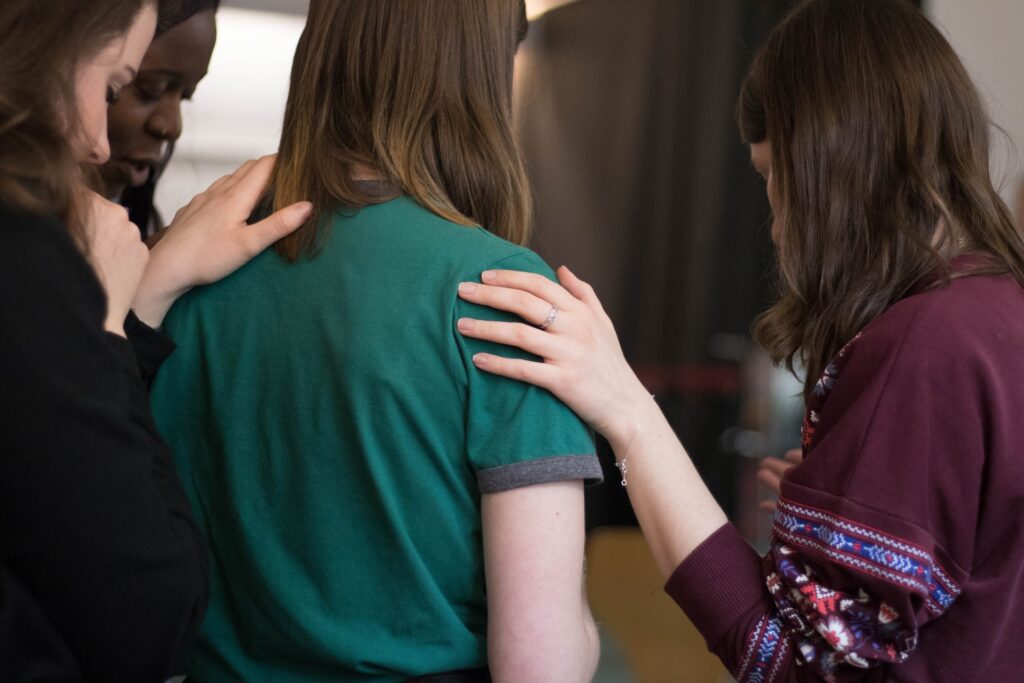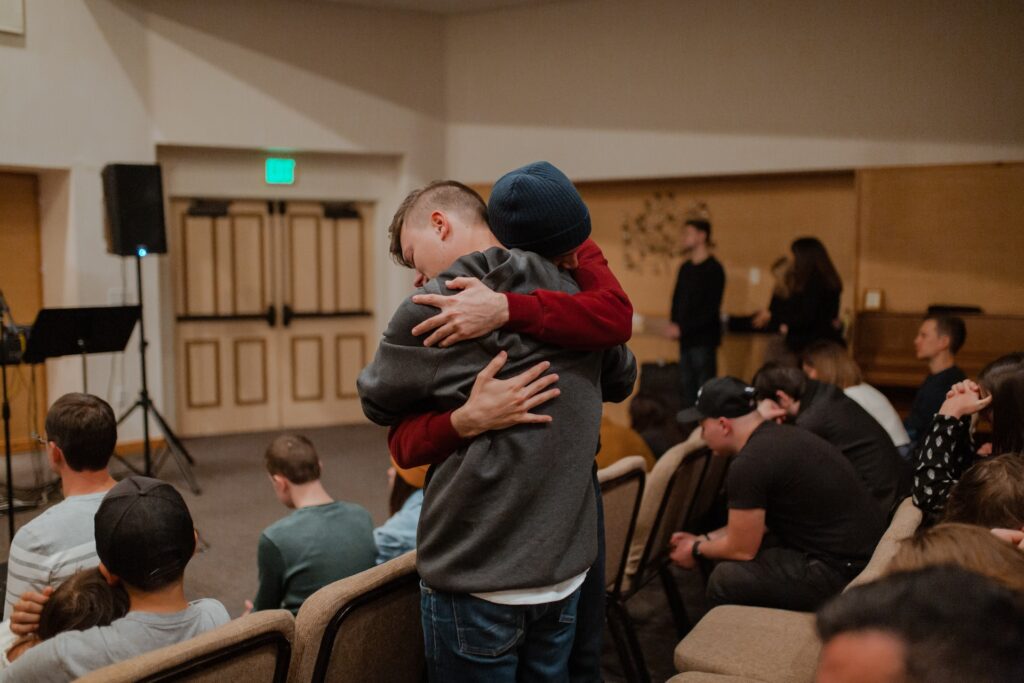HOCD
The Differences Between Being Homosexual and Having HOCD
If you are questioning your sexuality, how do you know the difference between having HOCD and actually being gay?
Typical HOCD symptoms include:
- Currently suffering from OCD (Obsessive Compulsive Disorder)
- Recurring unwanted or intrusive thoughts about your own sexuality
- Constantly reassuring yourself that you are straight
- Avoiding people of your same gender due to anxiety or unwanted fears that you might be gay
- Worrying that you might be sending out “signals” that will make others think you are gay
- Homosexual thoughts are repulsive to you, rather than arousing
- Feeling no attraction to your same sex
- Repeating an action because you worry that you might have done something in a way that makes others think you are gay (example: a man repeatedly gets up and sits down on a chair because he worries that he takes a seat in a way that looks too feminine). Repeating the action relieves the anxiety, but you need to continue repeating the action to continue anxiety relief.
Typical Homosexual characteristics include:
- Homosexual thoughts are enjoyable and/or arousing to the person, even if they hide their sexual orientation from others or are ashamed of it
- Having had past sexual experiences with those of their same gender
- Preferring to date or have sexual encounters with people of their same gender instead of with those of the opposite sex
- Often, people who are gay report having felt differently than their same-sex peers at an early age. Additionally, researchers have found they preferred to engage in activities associated with the opposite sex from early childhood onward
Homosexual OCD – HOCD Treatment
Homosexual Obsessive Compulsive Disorder (HOCD) is categorized by intrusive thoughts revolving around one’s sexual orientation. People with HOCD suffer through uncontrollable and unwanted intrusive thoughts and images that leave them in a state of fear and anxiety about whether they are truly straight. Homosexual OCD can be debilitating to one’s life.
Be assured that HOCD Treatment involves many of the same types of therapies used for other types of OCD.
A person suffering from this sub-type of OCD constantly doubts their sexual orientation:
- A straight person worries whether they might actually be gay even though they haven’t doubted their sexual orientation in the past
- They might worry that homosexuality is “catching”
- They may think that talking with a gay person will make them act out by triggering their own latent homosexual tendencies
Effects of Homosexual OCD
People with HOCD can be affected enough by their intrusive thoughts that they quit jobs, make dramatic life changes, or end relationships in order to avoid triggering their symptoms. Sometimes, HOCD sufferers are so sure they are gay that they actually out themselves and begin homosexual relationships. Where a truly gay person obtains happiness and relief in the act of revealing their homosexual orientation, HOCD people who come out continue to doubt their sexuality.
As with traditional OCD, people who are affected by this internalized homophobia engage in rituals to help them alleviate their anxiety and prove to themselves that they are truly straight. When around lesbians or gay men, they might check their bodies for arousal or question if they are attracted to the person. People with Homosexual OCD may also keep up a running mental dialogue or obsess over past sexual encounters in an effort to convince themselves that they are straight. They might also perform washing rituals if they are around a gay person, may act overtly to assure themselves of their sexual orientation, or may even blatantly act out against gay people in order to prove they are straight. Additionally, HOCD sufferers might avoid physical contact or being alone with gay people and may even carry this behavior into shunning same-sex public restrooms or not eating in public in case the food was prepared by a gay person.
HOCD Treatment
As with other Obsessive Compulsive Disorders, Cognitive Behavioral Therapy (which asks the patient to face the situations that trigger their obsessions) can help with HOCD Treatment. During therapy sessions the patient faces the situations that trigger their obsessions in order to learn how to deal with their internalized homophobia and reduce their fixation. In addition, certain medications are helpful in reducing the symptoms of OCD and HOCD.
Additionally, since HOCD is rather new, there is little research literature that specifically applies to this sub-disorder of OCD. Therefore, it is imperative that the mental health professional an HOCD sufferer consults with recognizes HOCD as a true anxiety disorder. If they don’t, they may counsel the person to help them accept their homosexuality which will only aggravate the person’s HOCD symptoms.
For more information and help with HOCD it’s symptoms in the Delray Beach, FL area, please contact Dr. Andrew Rosen at 561-496-1094 or email him today.
Looking for immediate help?
Contact Us Today for a Confidential Assessment.
Call 561-496-1094 or
Treatment Programs Specializing In:
Serving the whole person, not just the symptoms. In all of our programs your comfort, privacy and long-term success are paramount.
COVID-19 Trauma has become familiar to many people throughout the pandemic. If you’re experiencing trauma, PTSD, anxiety, or depression as a result of Corona virus learn about how our COVID-19 Trauma Treatment Program can help.
We offer online therapy to help people who are unable to leave their homes. Contact us and we will will schedule your confidential online assessment.
Helping people from all walks of life find deeper connection and understanding to create stronger and healthier relationships.
Anxiety disorders are the most common psychiatric illnesses affecting children and adults. When you experience anxiety that is persistent, seemingly uncontrollable, overwhelming and disabling you may have an anxiety disorder.
Mood disorders represent a category of psychiatric disorders in which the underlying problem primarily affects a person’s persistent emotional state or mood. Mood disorders are made up of depressive types and bipolar types.
Resilience can help protect a person from various mental health conditions, such as depression and anxiety, and most importantly this training improves the quality of life. Resilience can also help offset factors that increase the risk of mental health conditions, such as being bullied or previous trauma.
Children and adolescents experience normal problems of growing up due to pressures of social media, school, socializing, self esteem or family. Our youth services provide assistance in dealing with educational, social, and vocational issues.
The Trauma Institute provides highly specialized clinical services, informed by the latest cutting edge-research, for trauma survivors. We are an Institute dedicated to clinical services, community education, professional training, and research focused on trauma recovery.
Individuals or couples who want to transition into parenthood but are experiencing difficulties becoming pregnant may feel alone, frustrated, ashamed or experience symptoms of depression or anxiety. Pregnancy therapy may be a helpful outlet to help cope with these feelings and reduce stress.
Many children and adults who have weak executive functioning skills are negatively impacted in all areas of life but fortunately through assessment and intervention, executive skills can be strengthened and compensatory strategies can be learned. When these skills are well developed, children and adults can better maximum their potential and future outcomes.
Families naturally go through stages and transitions across the lifespan. Family dynamics impact each individuals’ response to daily life and major events. Therapy can help families understand their complex and ever-changing dynamics. As the family becomes an expert in their processes, they will be able to use new skills to navigate each situation with love and respect for one another.
Learning should be empowering and meaningful for all students. Our new services being offered include the teaching of strategies to maximize learning. Academic coaching and personalized learning strategies can help students learn to use patterns, meaning, body motion, mnemonics, their color spectrum, visuals and mind maps to enhance attention and working memory. When learning becomes meaningful, positive physical changes happen in the brain.
What We Treat
Other addictions and disorders
Types of Therapy
The Center offers cutting edge therapy designed to get you on the road to a speedy recovery. We will help you to learn how to live your daily life free from the fears or compulsions that inhibit you or your child’s ability to complete each day’s tasks.
More Ways to Get Help Now
The Center offers cutting edge therapy designed to get you on the road to a speedy recovery. We know that you can’t always make it into our office for your session. Which is why we now provide teletherapy. You can get support from the comfort of your own home. We offer cognitive behavior therapy, psychodynamic psychotherapy, mindfulness meditation, group therapy, and medication. Depending on your needs, here’s how you can get help now:

Online or Phone Therapy
For individuals around the country or those wanting help from the comfort of your own home, we offer therapy via Facetime, Skype or phone.

In Person Treatment
We have professionals available 7 days a week. Our offices are conveniently located in the Boca/Delray area.

Intensive Outpatient Programs
For those who prefer a more short-term approach we offer intensive sessions for individuals or groups. Perfect for those with a less flexible work schedule.
When it comes to anxiety or mood disorders we specialize in treating the whole person, not just your symptoms. In all of our programs your comfort, privacy and long-term success are paramount.
Looking for immediate help?
Contact Us Today for a Confidential Assessment.
Call 561-496-1094 or




